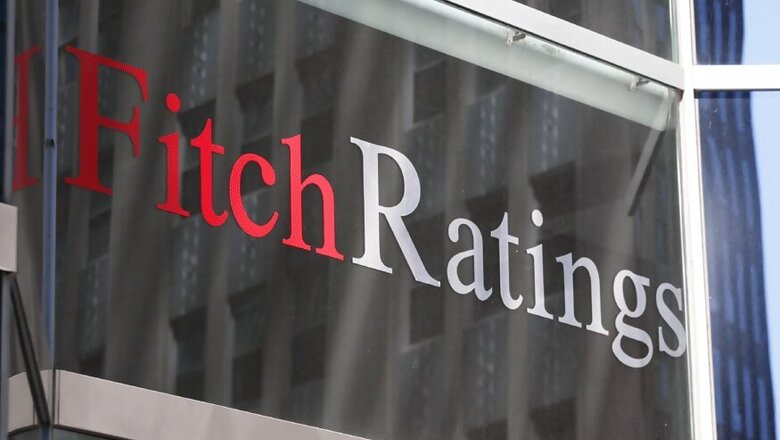
views
New Delhi: A surge in populism and anti-establishment sentiment will push the world into an era of economic nationalism to the detriment of long-term global growth, Fitch Ratings said on Tuesday.
In its Global Economic Outlook (GEO) for 2017, it said there is little doubt that increased trade protectionism and weaker migration flows will dampen growth in the advanced economies in the long term even though short-term budgetary measures are likely provide a boost for next year.
"The surge in populism and anti-establishment sentiment witnessed in the Brexit vote and Donald Trump's victory in the US presidential election seem likely to push structural policies in the direction of economic nationalism, entailing a reduction in trade openness and international labour migration," said the global credit ratings firm.
At the same time, electoral expressions of discontent are pushing leaders in the advanced economies to embrace easier fiscal policies, it added.
Britain's vote to leave the European Union and Trump's election are acts of populism, Fitch said, while revising upwards its global growth forecasts for next year by 0.1 percentage point both in 2016 and 2017 mostly on expectations of a fiscal boost in the US.
Global growth is now expected to pick up to 2.9 per cent in 2017 from 2.5 per cent this year as US investment recovers, fiscal policy is eased and recessions come to an end in Brazil and Russia.
The revision to global growth in 2017 is entirely explained by a 0.2 percentage upward revision in growth in the advanced economies.
"Global growth is expected to pick up in 2017 as US investment recovers, fiscal policy is eased, and recessions come to an end in Brazil and Russia.
"China's stabilisation policies have been successful, and while policy is now turning a bit less accommodative, the slowdown in 2017 will be gradual," Fitch said.
Eurozone growth is expected to moderate somewhat as household real income growth slows, while Brexit-related uncertainty will drag down UK growth significantly. Japans economy is unlikely to accelerate despite ongoing aggressive monetary easing.
"In the long term, there is little doubt that increased trade protectionism and weaker migration flows would dampen growth in the advanced economies. However, in the short run, it is likely that the shift towards fiscal reflation will be the dominant factor," said Brian Coulton, Chief Economist at Fitch.
The rating agency said its revision in global growth forecasts for 2017 is supported by a significant fiscal boost in US, albeit far smaller than that set out in President-elect Trump's campaign proposals.
Fitch said there are no new incentives for people to avoid cash transactions and the informal sector could soon go back to business as usual.
Post the demonetisation announcement on November 8, the government and banks have been taking several steps to push digital transactions.
Fitch said it expects RBI's 1.50 per cent policy rate cuts since the beginning of 2015 to feed through to higher GDP growth, even though monetary transmission has been impaired by relatively weak banking sector health.
"A surge in low-cost funding due to the demonetisation may remove a constraint on banks that prevented lending rates from keeping pace with the RBI's policy rate cuts in recent years, although this will depend on deposits remaining in banks beyond the next few months," it said.


















Comments
0 comment